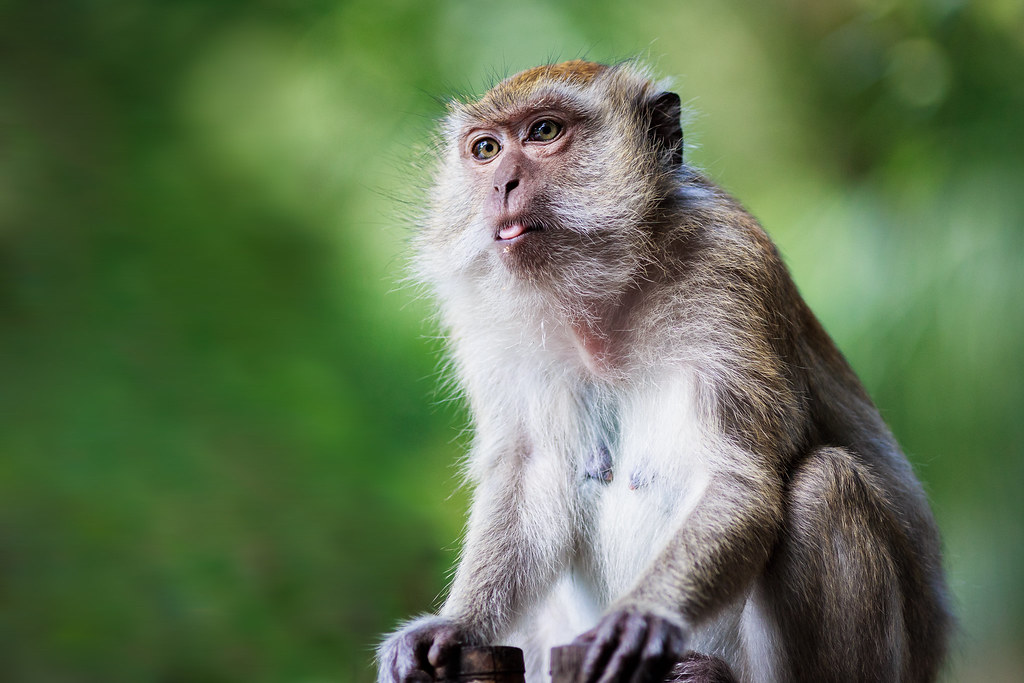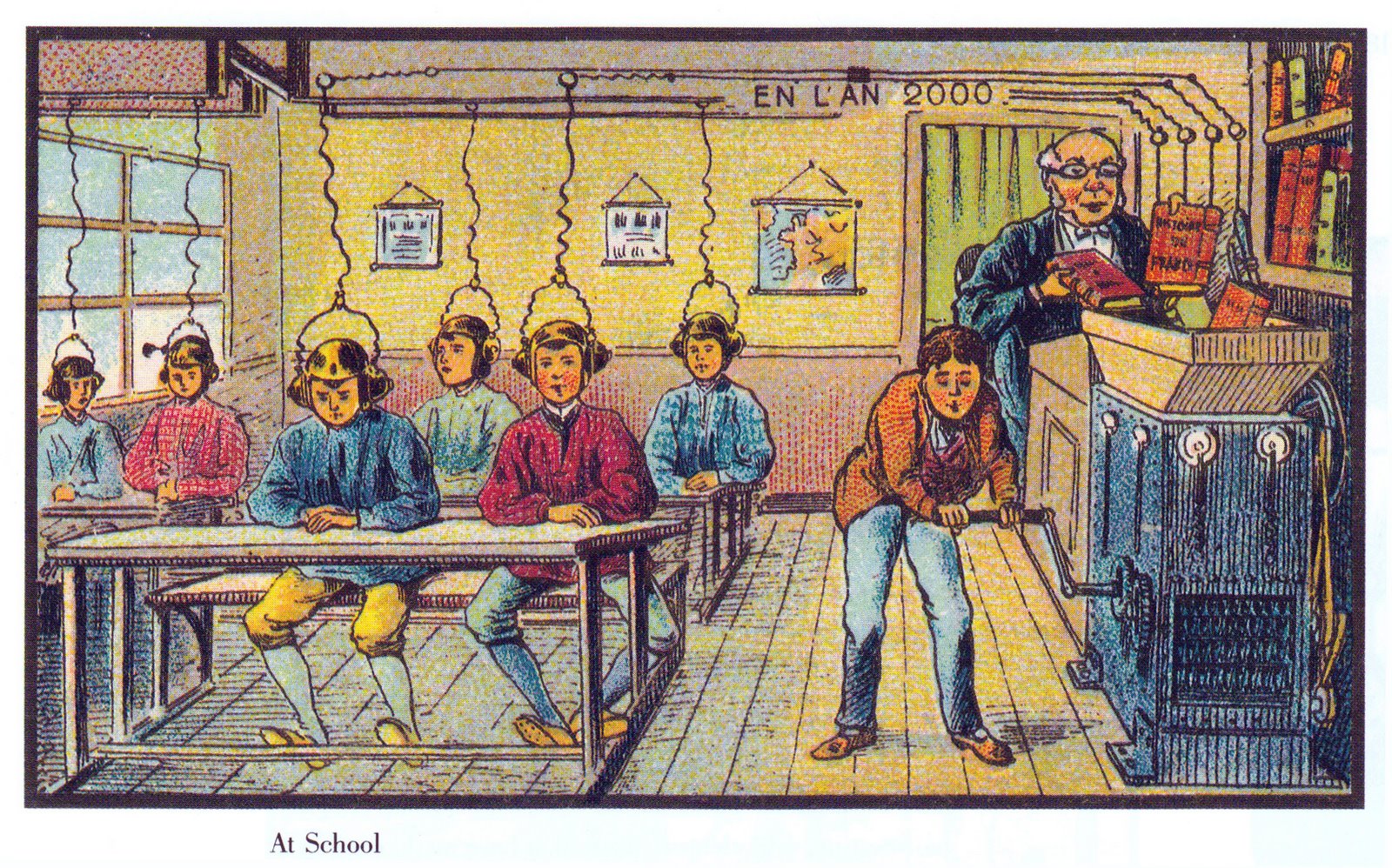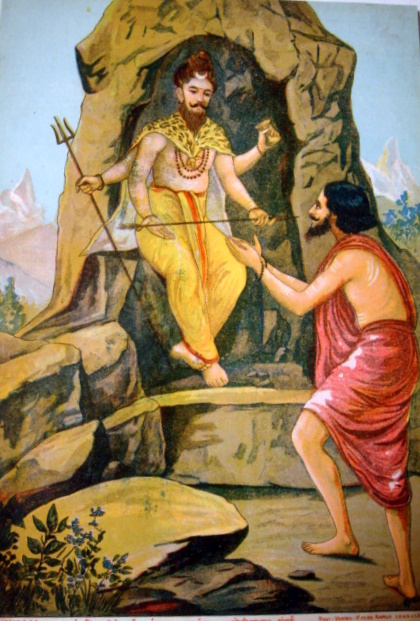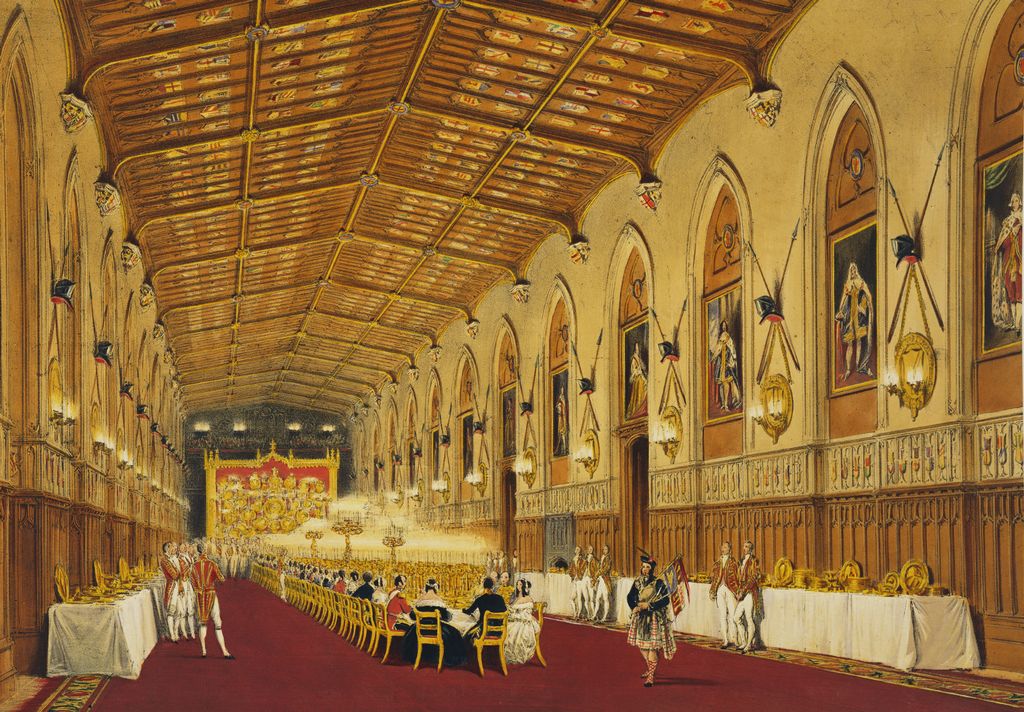Type of Underwater City
Image from Wikipedia
Notes on Twenty-Two Goblins by Arthur W. Ryder.
Fourth Goblin
A man named Hero sacrifices his son to save the king. Then his daughter dies so he and his wife kill themselves. When the king discovers them, he decides to kill himself too. It's pretty cruel to sacrifice his own son, but it shows a lot of devotion. However, I don't understand why he decided to kill himself. I really don't understand why the king decides to kill himself. An entire family just died to save the king's skin, so the king thinks it is a good idea to die too? I seems like the king's death would just make the other's deaths pointless.
Fifth Goblin
A brave man, a wise man, and a clever man are all promised to a princess. The three combine their talents to rescue the girl from a giant. If Draupadi was able to have five husbands, than surely this girl can have three husbands too. The king, however, thinks that the brave man should marry the girl.
Sixth Goblin
A woman, her husband, and her brother come to a temple to worship a goddess. The brother gets the bright idea to cut off his head as a sacrifice. Should we all just go to a temple and cut off our heads? The husband cuts off his head when he sees what happened. Seems like a healthy response to the loss of a loved-one. Fortunately, the woman decides that she needs to hang herself instead of cutting her own head off. This gives the goddess time to give the two men their lives back, except with their heads switched. On a side note, it seems like it would be very difficult to cut off your own head.
Seventh Goblin
A king helps a prince who saved his life win two underwater cities and marry the princess of those cities. It sounds like Atlantis.








.jpg)




















